How Does The Respiratory System Help The Nervous System
How does the respiratory system help the nervous system. The respiratory system is the network of organs and tissues that help you breathe. Through breathing inhalation and exhalation the respiratory system facilitates the exchange of gases between the air and the blood and between the blood and the bodys cells. The respiratory system is responsible for providing the body with oxygen while removing the waste product carbon dioxide.
The respiratory system is an essential system of the body. Competitive free divers need to understand how their respiratory system interacts with their circulatory system and nervous system. The nervous system interacts with the respiratory by the Medulla located inside the brain stem which controls involuntary muscle movement breathing.
It also removes carbon dioxide from the muscular digestive skeletal circulatory urinary and nervous systems. By circulating blood and other cells the circulatory system suppiles nutrients energy protection a myriad of other things throughout the body to c. How Does the Skeletal System Work With the Respiratory System.
The structures of the respiratory system interact with structures of the skeletal circulatory nervous and muscular systems to help you smell speak and move oxygen into your bloodstream and waste out of it. So after it combusts this food the food goes to the muscles in the form of energy. The brain regulates respiratory rate.
In fact this is the system in your body where the inhalation of oxygen and the exhalation of carbon dioxide are done. It is the system that controls all functions large or small. The olfactory system is connected to the limbic system and to the hippocampus through projections of the entorhinal cortex.
The brain monitors respiratory volume and blood gas levels. The respiratory system supplies oxygen to the blood and removes carbon dioxide. Nerves relay information to and from the brain to operate muscles and the organs within each of the other systems in the body.
The type of respiratory rhythm creates specific neural excitations depth of breath number of breaths speed of breath which create specular oscillatory rhythms that propagate in different brain areas not necessarily related to smell. They can train their brain to allow them to hold their breath longer and they can do certain warm-up routines to decrease the amount of carbon dioxide in their blood.
The excretory system helps the respiratory system by geting rid of carbon dioxide.
The respiratory system is responsible for providing the body with oxygen while removing the waste product carbon dioxide. One of the ways the nervous system and circulatory system work together is for blood pressure and heart rate regulation. It includes your airways lungs and blood vessels. The structures of the respiratory system interact with structures of the skeletal circulatory nervous and muscular systems to help you smell speak and move oxygen into your bloodstream and waste out of it. The respiratory system also works closely with all other systems of the body. The respiratory system also helps us to smell and create sound. The respiratory system gives us oxygen and also helps in combustion of food. How Does the Skeletal System Work With the Respiratory System. The muscles that power your lungs are also part of the respiratory system.
The following are the five key functions of. It includes your airways lungs and blood vessels. The nervous system activates the muscles of the respiratory system ribcage muscles and diaphragm to cause breathing so as to bring in oxygen and discard carbon dioxide. The main structures of the respiratory system. The respiratory system provides oxygen to the brain so it can think and control all other systems in the body. They are both needed of course for the overall ability to survive. Nerves relay information to and from the brain to operate muscles and the organs within each of the other systems in the body.


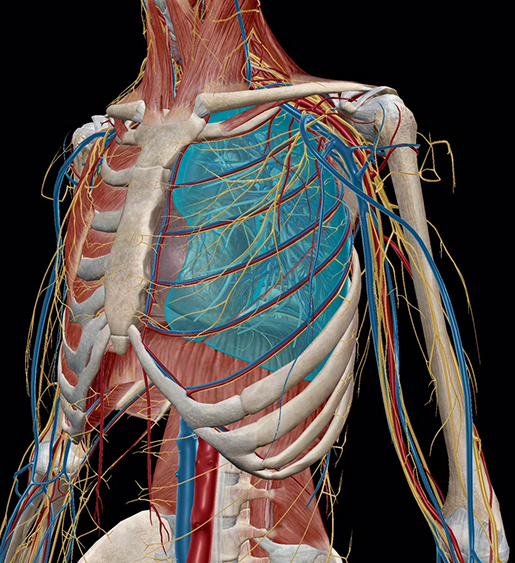
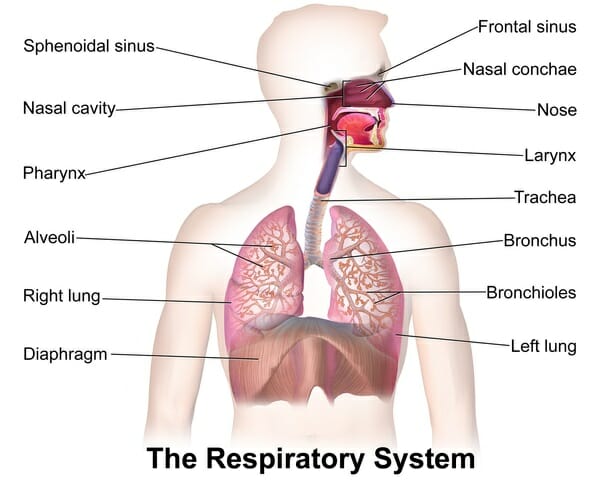


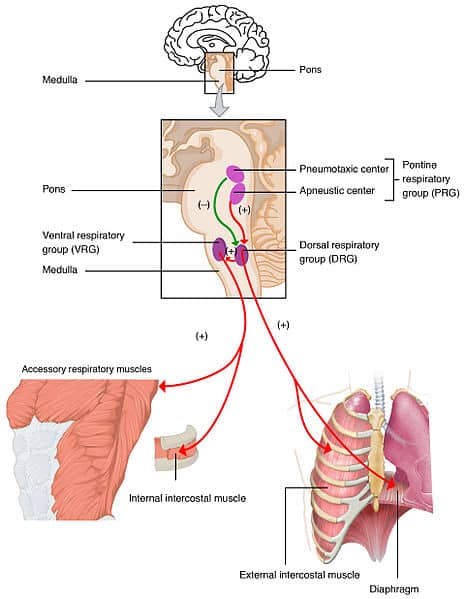

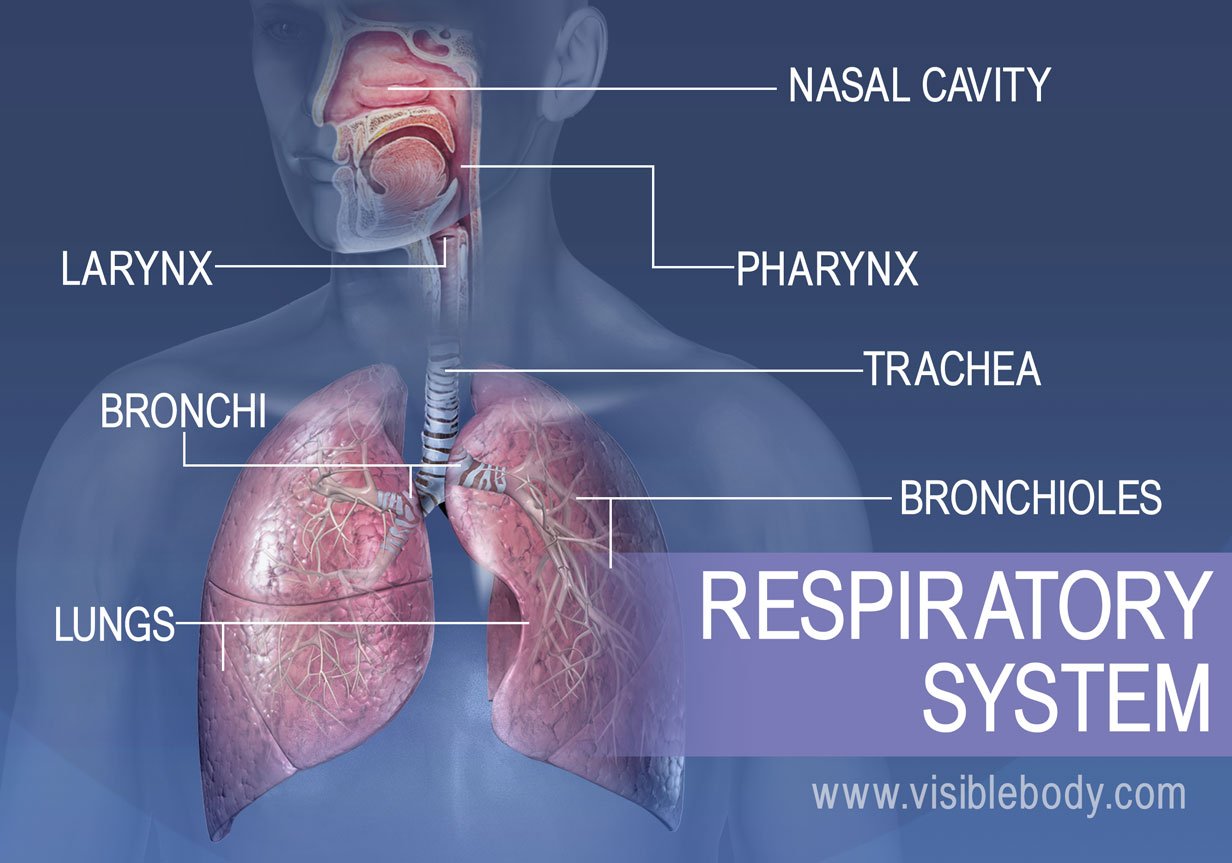
/what-is-the-peripheral-nervous-system-2795465-FINAL-b69e1bb803654212a83d9e68eb4847d0.png)
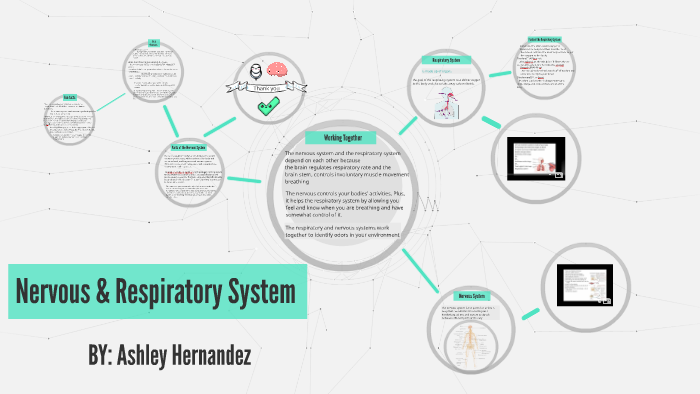
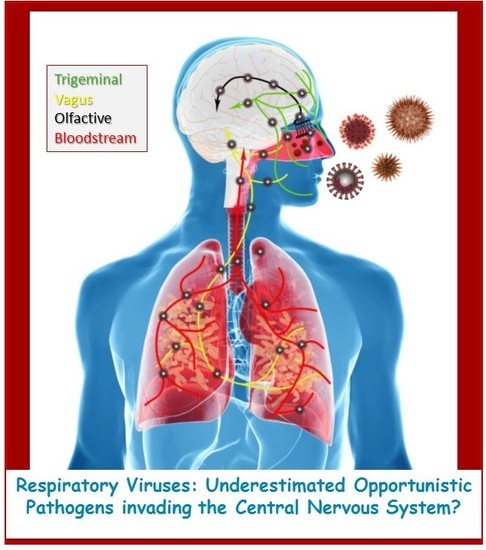






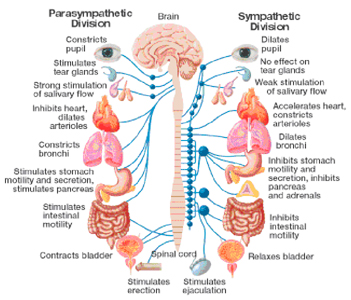

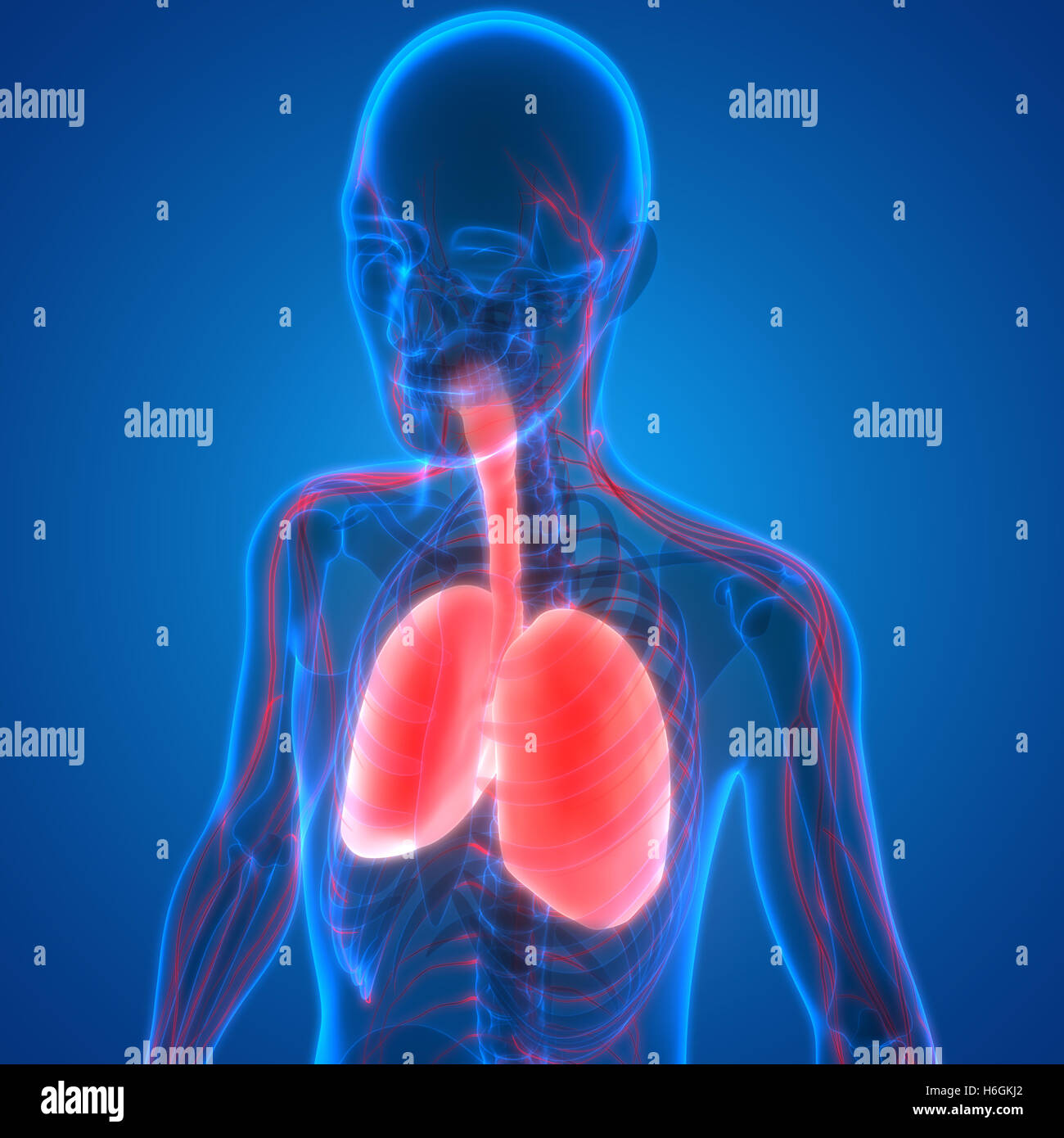

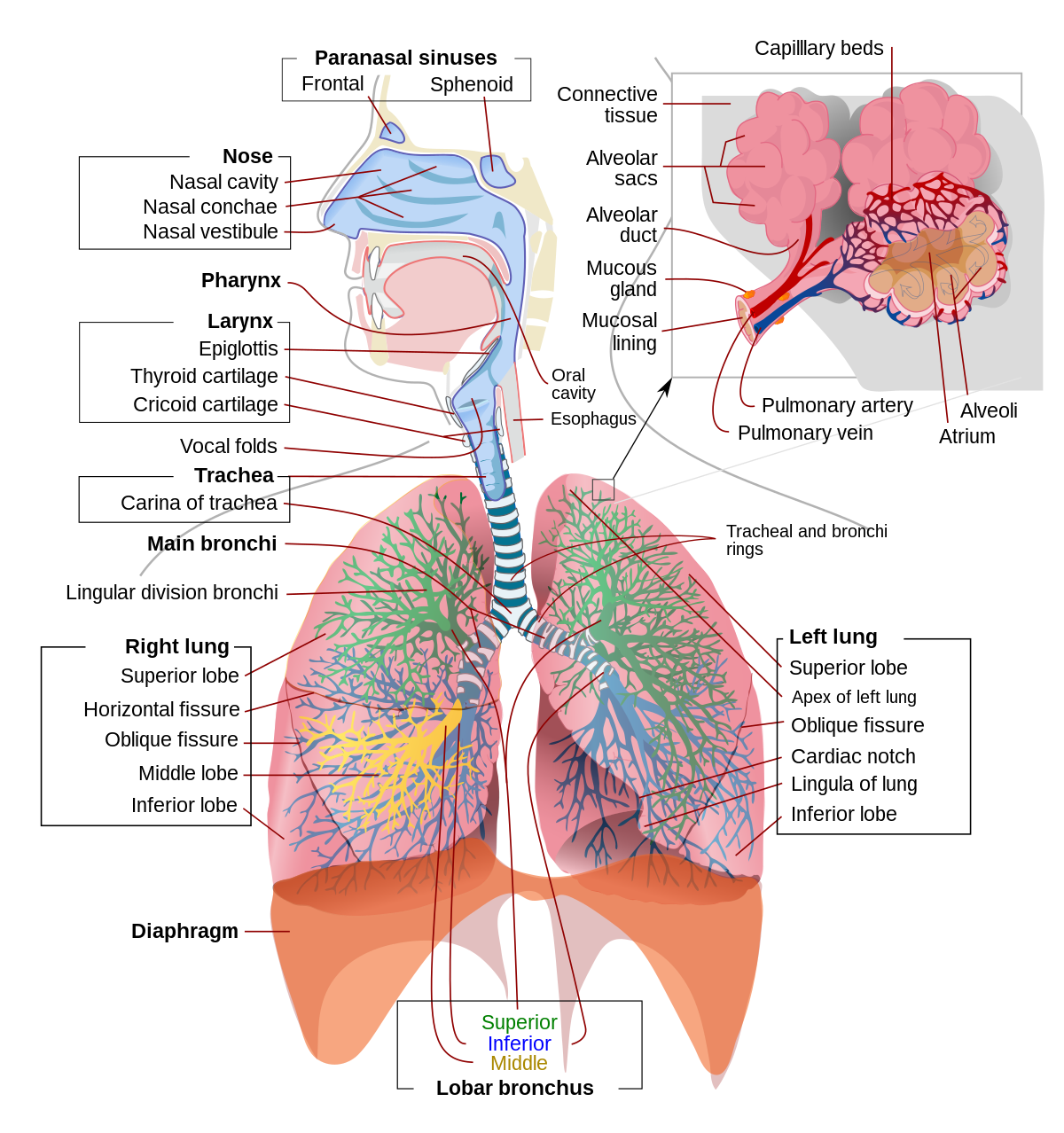

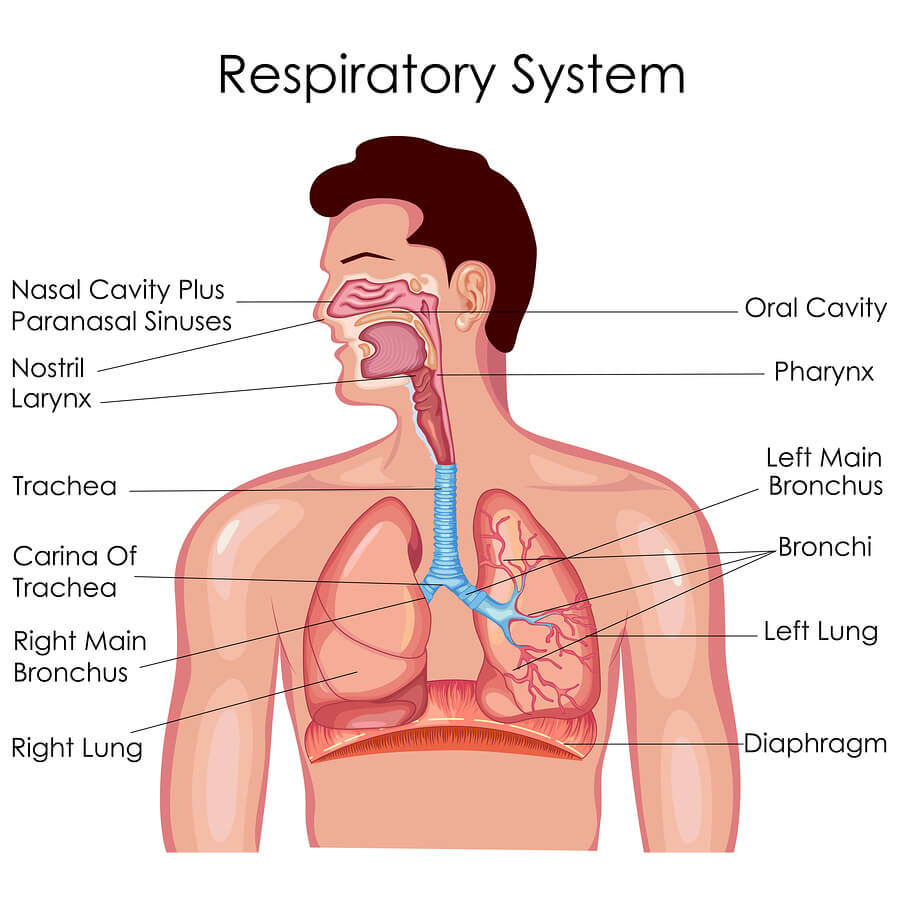
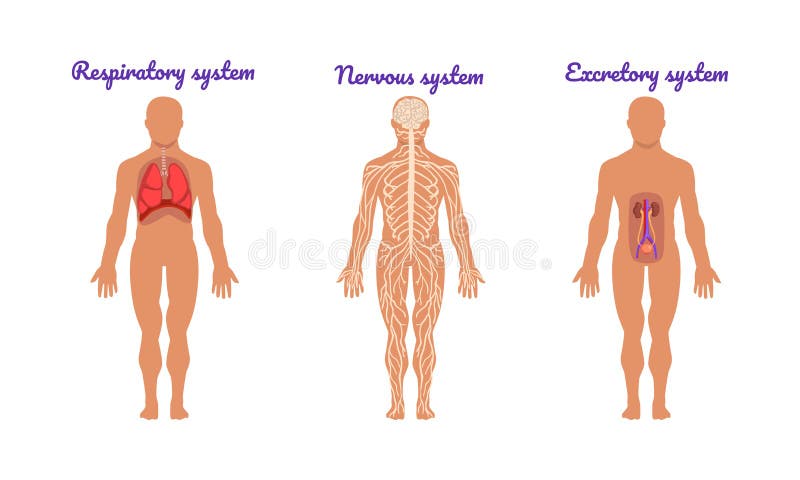


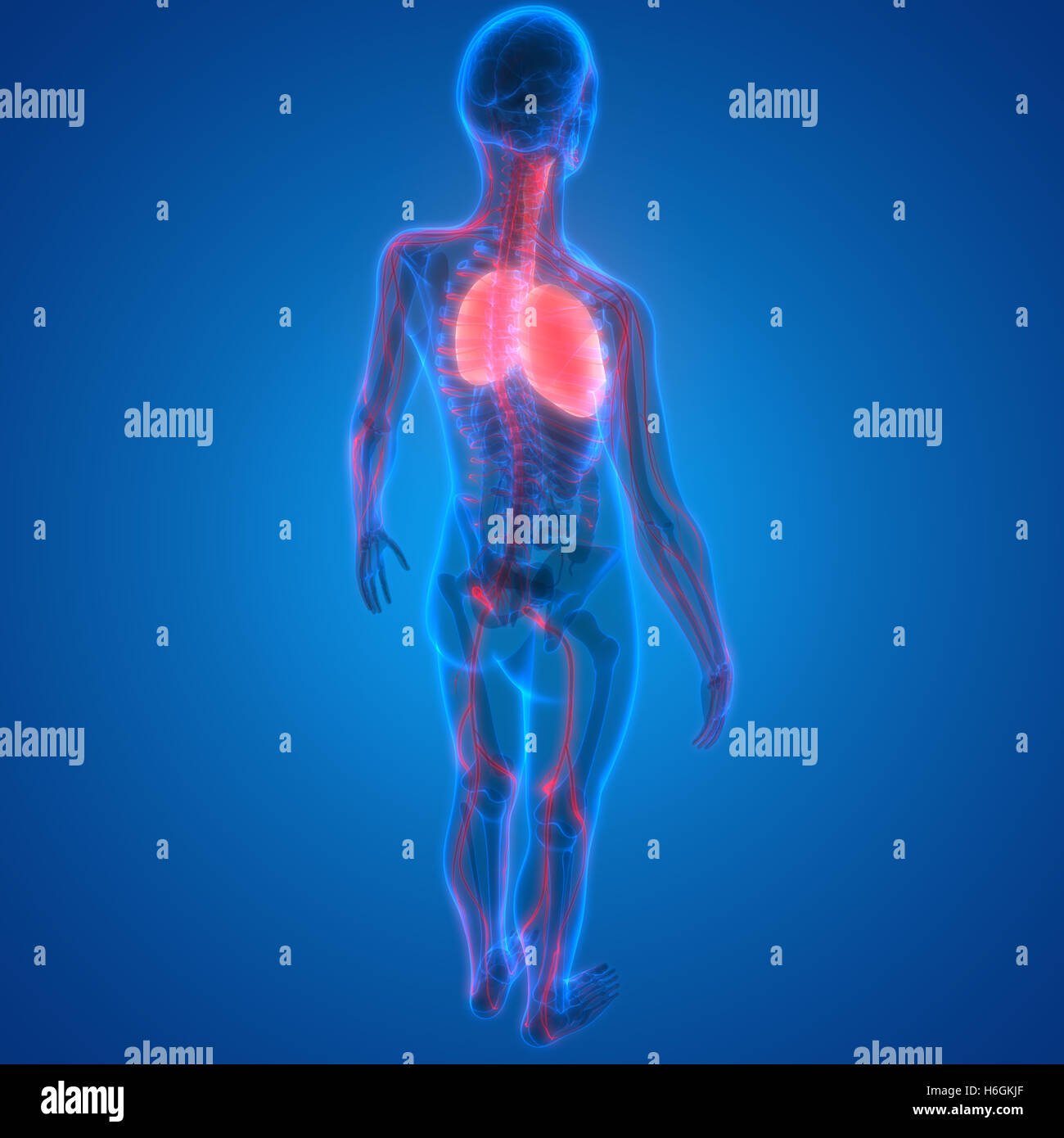


/respiratory_system-578d72f73df78c09e96906ff.jpg)


:background_color(FFFFFF):format(jpeg)/images/library/13894/Respiratory_system.png)



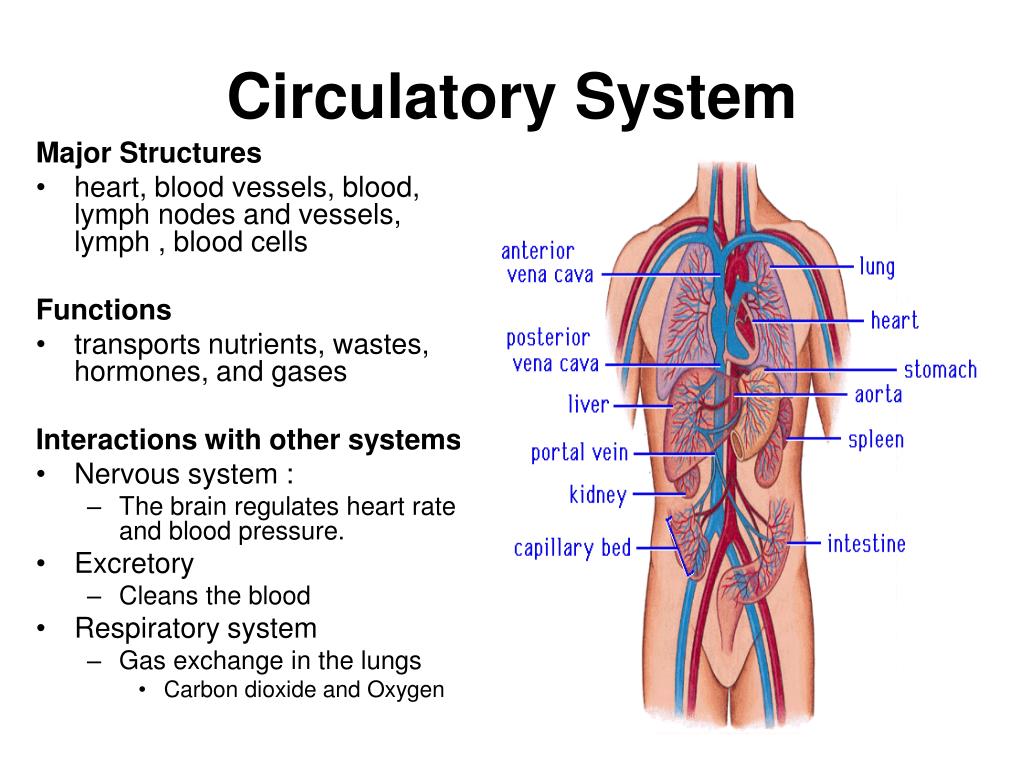
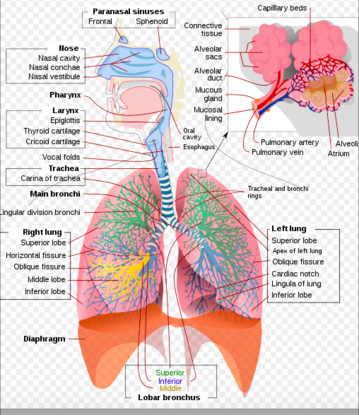

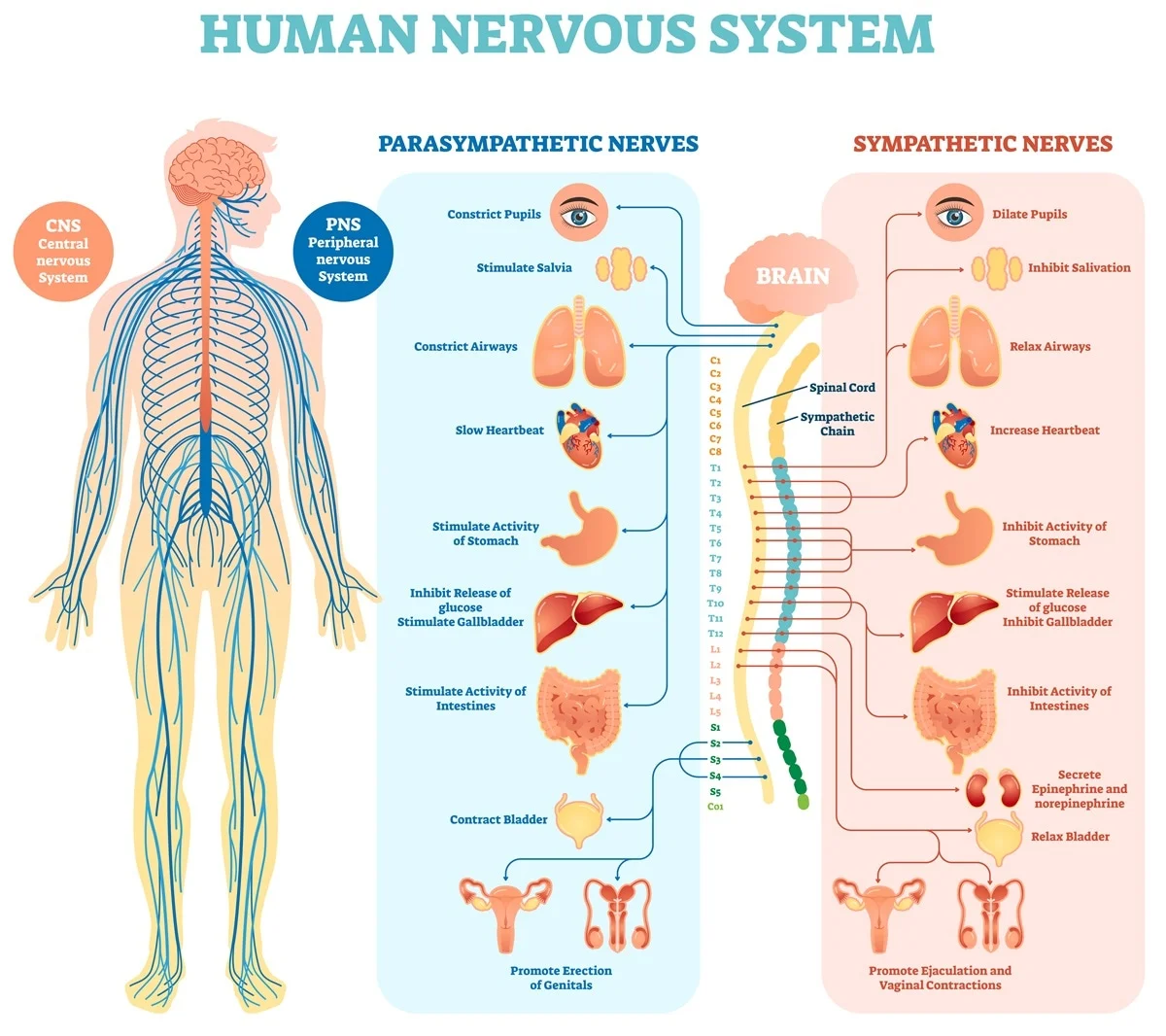
Post a Comment for "How Does The Respiratory System Help The Nervous System"